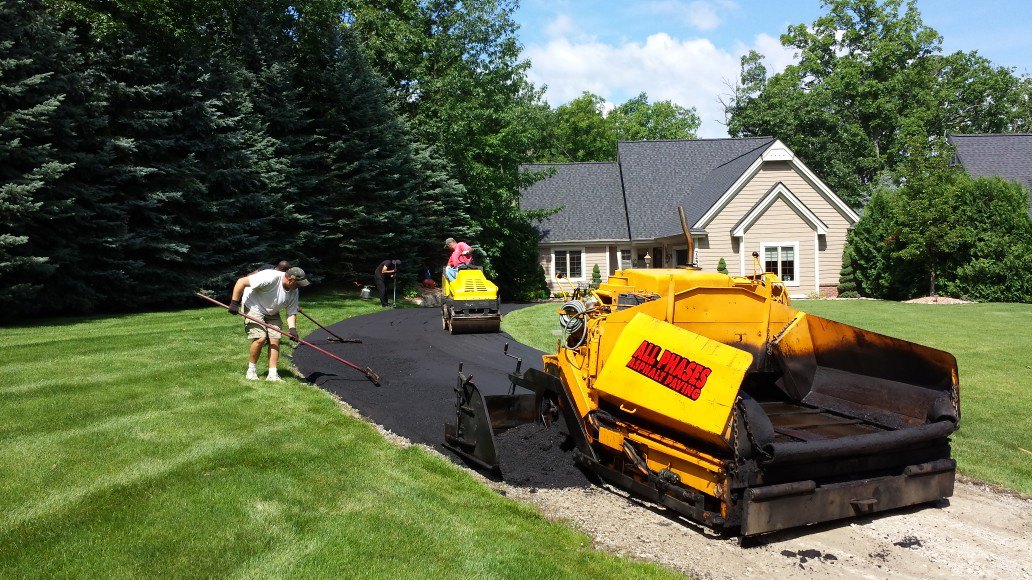Blog

Preparing Your Private Road for Asphalt Upgrade
Introduction
Many homeowners in rural areas or private communities rely on gravel or worn-out roads to access their property. While functional, these roads often come with dust, potholes, and high maintenance. Upgrading to asphalt not only improves driving comfort but also increases property value and long-term durability.
If you’re considering this investment, preparation is key. Here’s what you need to know about getting your private road ready for an asphalt upgrade.
Why Asphalt Is Ideal for Private Roads
Upgrading a private road to asphalt provides benefits that go far beyond aesthetics.
Improved Durability: Asphalt withstands heavy traffic and seasonal changes better than gravel or dirt.
Lower Maintenance: Unlike gravel roads that need frequent grading, asphalt requires only periodic sealcoating and crack repairs.
Enhanced Safety: Smooth asphalt reduces dust, mud, and the risk of vehicle damage.
Better Drainage: Properly paved roads can include grading and culverts to prevent water damage.
Increased Property Value: A paved private road adds appeal to buyers and improves accessibility year-round.
Steps to Prepare Your Private Road for Asphalt
Before paving begins, preparation ensures your asphalt will last for decades. Here are the most important steps:
Evaluate the Existing Road: Inspect for drainage issues, erosion, and unstable soil that could cause future problems.
Clear and Grade the Path: Remove vegetation, debris, and obstacles. Proper grading ensures water runs off instead of pooling.
Strengthen the Base: A solid aggregate base is essential to support the asphalt and prevent cracks.
Install Drainage Solutions: Culverts, ditches, or sloping prevent water from undermining the asphalt.
Plan for Thickness: Work with your contractor to determine the right asphalt thickness based on traffic loads and soil type.
Schedule at the Right Time: Paving in Massachusetts is best done in warmer months (spring through early fall) for proper compaction.
FAQs About Private Road Paving
How much does it cost to pave a private road?
Costs vary based on length, width, base preparation, and drainage needs. Asphalt is generally more cost-effective than concrete.
Do you need permits to pave a private road?
In many areas, yes. Local municipalities may require permits, especially if drainage or utilities are affected.
How long does asphalt last on a private road?
With proper preparation and maintenance, asphalt can last 20–25 years before needing major resurfacing.
Can you pave directly over gravel?
Not usually. The gravel base often needs to be compacted, leveled, and in some cases, reinforced before asphalt is applied.
What maintenance does a private asphalt road require?
Sealcoating every few years, prompt crack filling, and occasional resurfacing keep the road in top condition.
Conclusion
Preparing your private road for an asphalt upgrade ensures you’ll enjoy decades of smooth, safe, and low-maintenance access to your property. From proper grading to drainage planning, each step plays a role in the road’s long-term performance.
For homeowners and HOAs in Seekonk and surrounding communities, working with an experienced paving contractor means peace of mind — knowing your investment will be handled with care and built to last.
Our Services
Helpful Links
License: RI 13328
© 2025 All Rights Reserved | All-Phase Asphalt Inc
